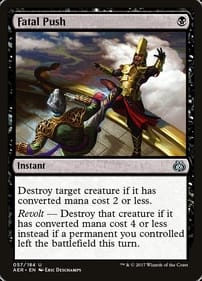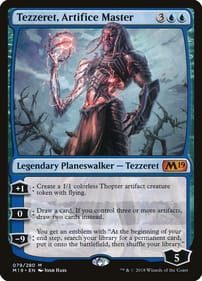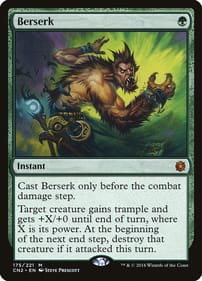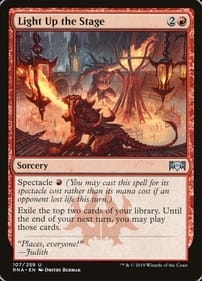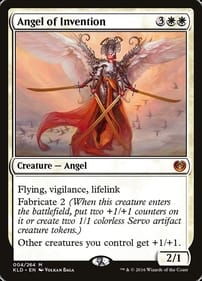Sustainability at Card Merchant
CM Goes Green
With a rapidly changing world, it’s important that businesses get on board with sustainability. We have a duty to do our part to reduce our companies impact on the environment – a duty we take seriously. We have always been a company that has sustainability in our blood – with one of our founders having a Bachelor of Science with a double major in Environmental Science and Geography. It’s not about words though, it’s about actions. Below are some of the initiatives we have implemented throughout our company:
Electric Vehicles
All our staff with company cars have either hybrid or fully electric vehicles. With over 80% of energy in New Zealand coming from renewable sources, electric and hybrid vehicles are much more sustainable than traditional cars. This means when we’re transporting people, products and materials between locations, we’re doing it in a more sustainable way.
Re-using Cardboard Boxes
If you’ve ever received a box from us, you’ll probably have noticed that we reuse boxes to send orders. Cardboard is the material which creates the most waste for us, so in order to try and minimise how much needs to be processed, we try to use as much as possible for orders and packaging.
Recycled / Recovered Packaging
You may have received an order with packing peanuts and thought “wow, what a lot of waste!”. It may surprise you to know this is actually a recovered product, taken from another company where it would otherwise have been sent straight to landfill. So not only does it keep your products safe, it also helps to give this packaging material another use and reduces our need to buy new materials for packing.
In-store recycling
As a store where people may spend a lot of time, we inevitably create a lot of waste from packaging such as single-use drink bottles. We are currently in the process of setting up different waste streams to be able to recycle as much of this waste as possible.
Reducing energy use
Lighting and heating are the two main uses of electricity in most retail stores. In order to try to reduce our energy consumption, we have efficient heating systems, such as heat pumps, to heat and cool the spaces and only use these when needed. Each of our systems are also on timers so they will only ever be in use during operating hours. We also have a policy of turning off all lights when not needed, as well as using energy-efficient lighting where possible. In our Takapuna store, for example, a number of fluorescent tubes were replaced with LED panels to both increase energy efficiency and lead to a more natural lighting colour. Each of our fridges are also 4+ star energy rated with lighting sensors and timers, so they are not being lit outside of hours.
Reduction in chemical use
We aim to reduce our chemical use wherever possible. Instead of using harsh solvents to clean windows, we generally use a gentle oil to remove any debris. We also clean cabinets without chemicals whenever practical and minimise our need for harsh cleaning agents on the floors by maintaining a regular cleaning schedule and spot cleaning, instead of needing to undergo heavy cleaning on a more infrequent basis. We also mainly use a natural fertiliser (worm tea – it comes from a waste product of worms breaking down waste food) instead of chemical fertilisers on our plants regularly.
Reduction in ink / cartridge use
Printer cartridges can have a large impact on the environment. Most cartridges are impractical or impossible to refill and often have ink left in them when disposed of. This ink can be highly toxic and can leech into soils if not disposed of properly. To combat this, our stores now have eco-jet printers, which not only reduce the amount of ink used per page, but also don’t require cartridges. They are refilled by a bottle, with each bottle supplying over a years’ printing, massively reducing the impact of our printing.
Community outreach
Each year, we undergo a number of initiatives to help our local communities. We have organised, on average, a couple of canned food drives per year. This is where our players can come in to play a tournament, and instead of paying an entry fee, they donate tinned food or other preserved goods, which we then pass on to community groups. We also regularly donate any unsold calendars to school / community groups to repurpose for craft activities instead of sending them to landfill as waste. We have also started a 12-week paid work experience programme to aid in 15/16-year-olds getting work experience. During this time they learn a range of skills from recovery to customer service, as well as gaining insight into the working world, getting assistance with writing their CV and being taught about their rights as an employee. If you or your child is interested in going through this programme, email us to see when our next intake is, please note there are limited spaces and currently there is a waiting list.
Repurposing of disused products
With a core product of ours being trading cards, it is inevitable that some of our customers will end up with excess amounts. In an effort to participate in a more circular economy instead of the take-make-waste economy (see here for more details on circular economies), we often hold days where we will purchase these cards back at a bulk rate and then repurpose these cards into affordable packs for new / casual players and collectors.
Reduction in paper use
As standard, we don’t print full customer receipts, unless requested. Thermal paper (the paper used for printing receipts and eftpos receipts) is not recyclable so we print full receipts on regular paper when requested. We also use A5 sign up sheets when people join events, so we are only using half as much paper per event. We also only print pairings for large events when it is impractical to let each person know their pairing (and even in these situations, we sometimes only use the TV at WestCity instead of printing out pairings). Our price labels are also able to be printed on demand in-store, so we do not have to order hundreds of each and risk waste.


